All the arts are humanistic endeavors, and music in particular, as has been said in the past, is the universal language of the soul expressed by the musician to give his deeper feelings and thoughts, along with singing an audible expression a language of his/her time. This is also true for fine and performing arts such as painting, expressive dance and others. Since the artist works through personal, national and humankind levels, he expresses his culture and creativity while at the same time expressing his human dimension and as part of his people and culture.
In any case, the artist draws his ideas and feelings mainly from his/her creativity and interaction with his environment, crystallizing his own vision to motivate him to start a flood of expressions that draw him to his environment and culture and link him to all humanity. If this is the nature of artist, then he/she represents a window not only on his soul but also on his community as a whole, and highlights the great role of the artist in the quest to develop his/her community and push forward for progress.
With this quick introduction, let’s welcome the Kurdish artist Mahabad Ibrahim and thank her for allowing us this opportunity enjoy this exciting dialogue. Born in Duhok, Mahabad is of the 1970’s generation. She finished her studies in southern [Iraq] Kurdistan and in the United States, and by insisting on her Kurdish nationalist line of singing and music despite the harsh life at times and the conditions of migration at other times, Mahabad continues today to shine artistically.
Q: Who is Mahabad, and how do you introduce yourself to readers?
Mahabad: I am Mahabad Ibrahim Doski from Duhok and I sing, act and compose. When the fighting broke out for the second time in 1974-1975, we left Duhok and went to the village where my father was. From there my father went with Mr. Asaad Khoshvi, a Kurdish local leader at the time, to Iran and we stayed in the village where we stayed five to six months. Later, my mother decided to visit my father to communicate and consult with him about our fate, and after visiting him, he told her that he would not return to Kurdistan under those circumstances. He instructed her to return to take us with her to where he lived in Iran. I remember it was summer and most of the people of Sheikh Permos village were in the summer highlands (Zozan). My mother told us to pack some of our necessities to carry with us on the way to Iran. After eight days of strenuous travel and hiking, we arrived at Camp Ziwa, and my father came and moved us to camp Sarab Nilover near the Iranian city of Kermanshah.
Q: How were your beginnings with art and was there any motive for choosing to sing?
Mahabad: In the camp our feet were still swollen from walking long distances and hurting us, so we went to a doctor to help us. There we met the Kurdish artist Ramazn Youssef Zakholi who worked in the doctor’s office. He is the brother of the artist Ayaz Youssef Zakholi. Later on Ramazan visited us and became a family friend. Not much later, the Iranian government moved refugees from the camp to different locations in Iran. We went to the city of Ark in northern Iran, and Ramazan was transferred to Isfahan in central Iran. Soon after he visited us, and asked for my hand. We got married shortly thereafter. I was only 12 years old. Five or six months after we got married, a friend informed us to get ready to travel to the United States. He had registered us for asylum in America, and we ended up in North Dakota, USA. And there I started my journey with art.
Q: From the world of discrimination, harassment and persecution to the world of freedom of thought, expression and life, how do you see reconciling the two different visions and cultures in your distinctive artistic performance and in life in general?
Mahabad: In fact, life is difficult, and when difficulties mount, the more likely art becomes the first victim. I have spent most of my life for art, and the most important motivation, is our national cause. I have always sought to put my art in service of our people and our national causes. Unfortunately, I ended up in alone in Duhok without husband, without children and without any support, and yet I continue to give my art my best effort.
Q: What is your vision of art and its human mission in our time?
Mahabad: Music is the language of the soul and singing is an important part of it and represents a bridge linking the universality of music to the people speaking that language that expresses the artist’s creations and concerns that bind him to his people.
Q: Have you participated in concerts or held your own concerts? Tell us about your favorite concerts and songs?
Mahabad: I have participated in many concerts, especially in national events such as Newroz in the United States and in recent years in Kurdistan. As part of my career, I recorded quite a few songs and cassettes, in 1981 I sang with Ramazan at the Newroz concert for the first time and the song “I am Kurdish and the daughter of Kurds”. In 1986, Ramazan and I recorded our first album together, and in 1991 we recorded another one. So my work continued with my then husband Ramazan, where we recorded two more cassettes in 1993-1994. In 1989, we moved to Los Angeles, California, and the last two albums were recorded there.
Q: One last word you would like to address to readers and followers of your music?
Mahabad: I’m not going to give in to the hard circumstances. I live my life day by day as I approach my seventh year in Kurdistan, and so far neither the government nor the parties involved have moved to provide any support to me, such as providing housing, allocating a salary or even any amount of money as material support to continue my works of art despite harnessing all my energies to serve my people and my country and serve Kurdish art. I am sorry for the millionth time to mention this subject here, but the lack of response of the government and officials despite my continued sacrifices made me have to talk about it.
Let me thank you, Mahabad, and I am grateful for allowing us this opportunity to get to know you, your art and your great sacrifices, once again, thank you.
Source: https://ekurd.net

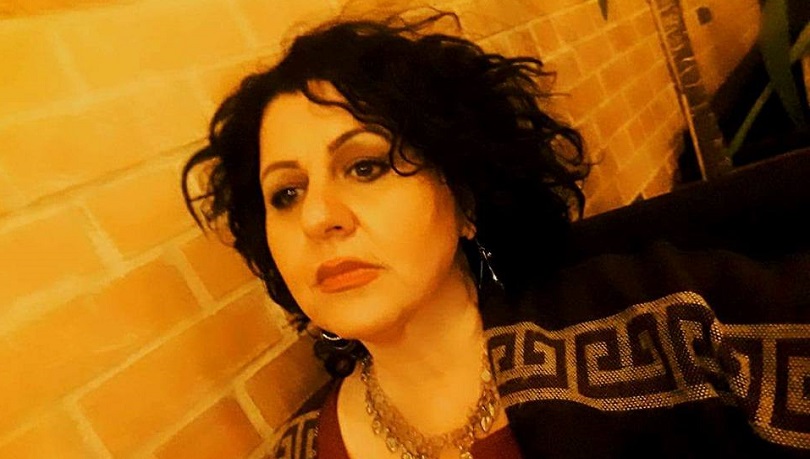

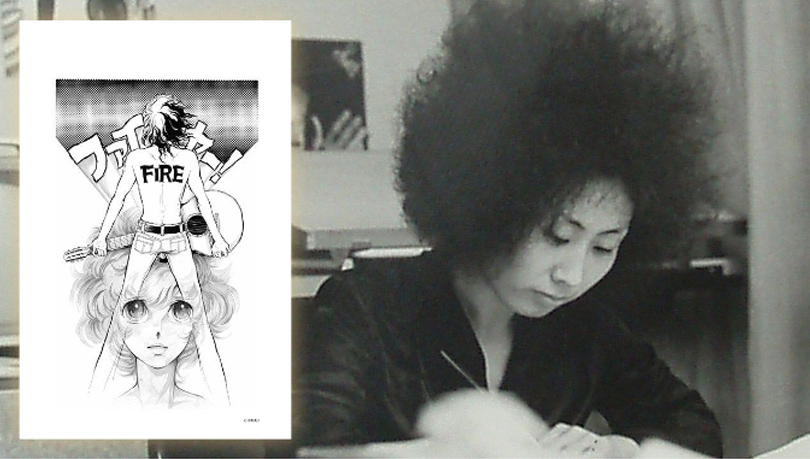
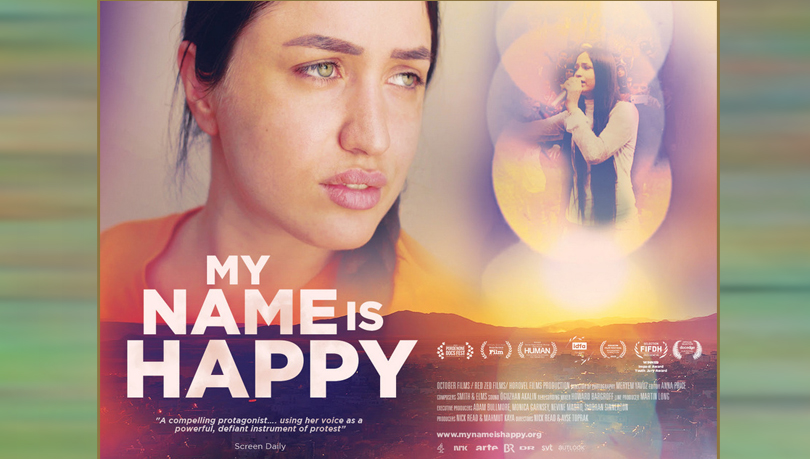
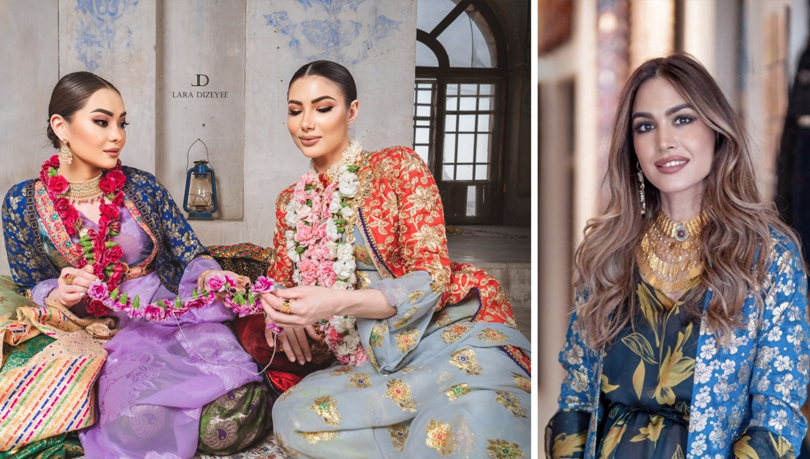
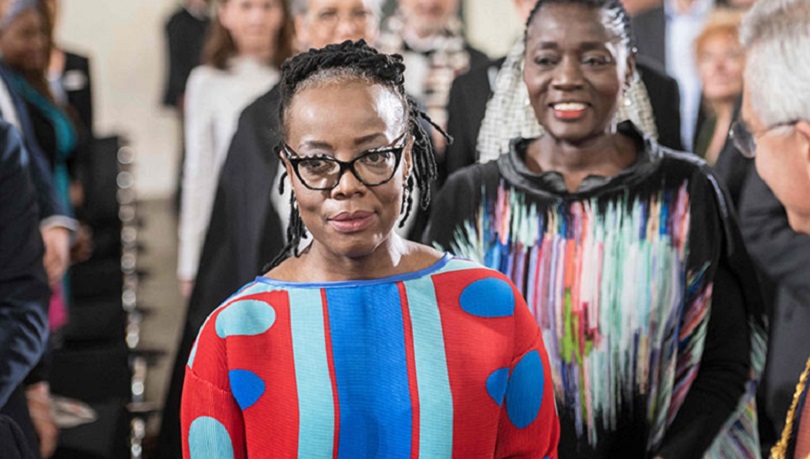
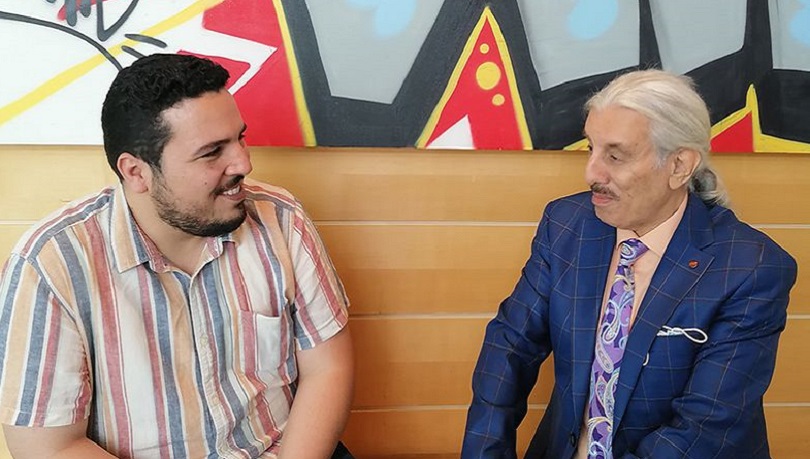
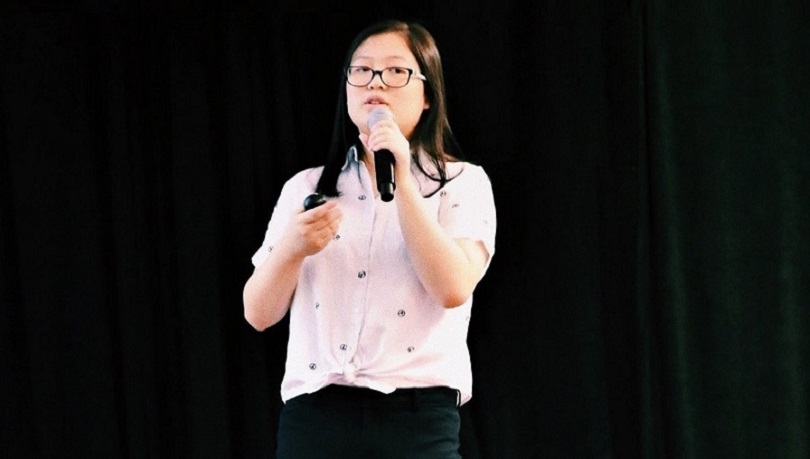
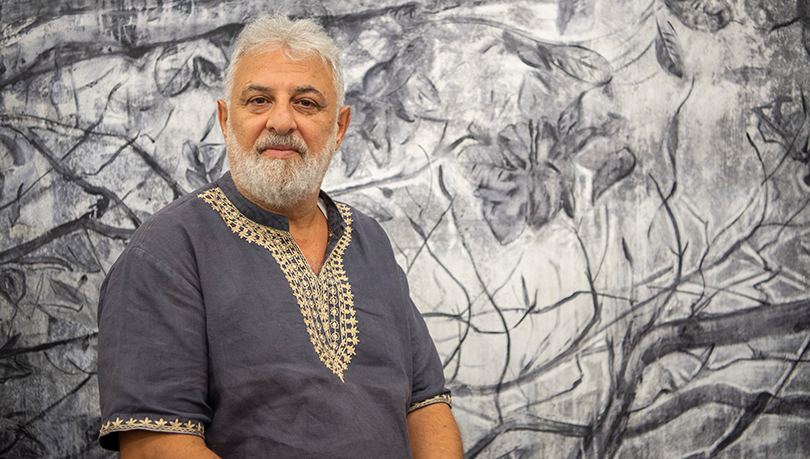
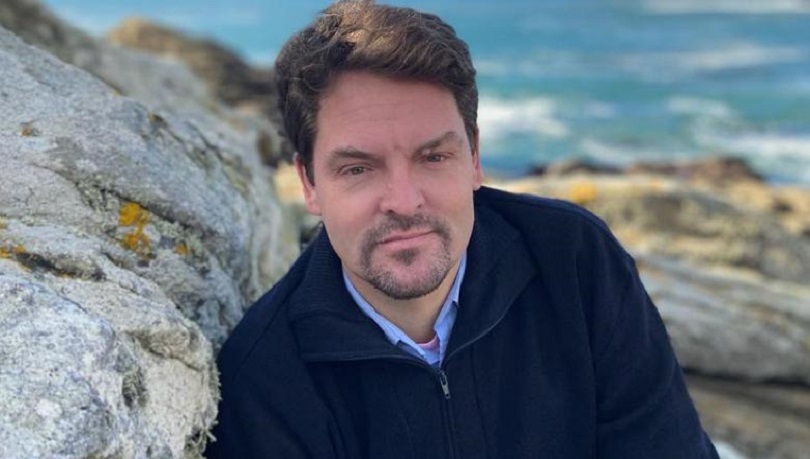



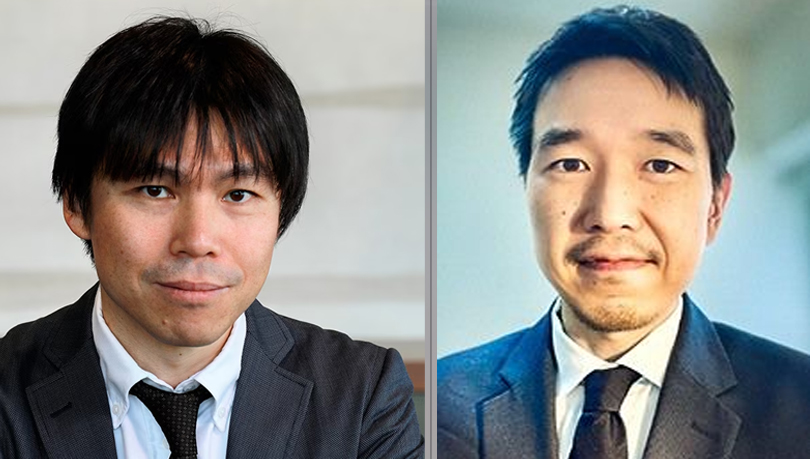
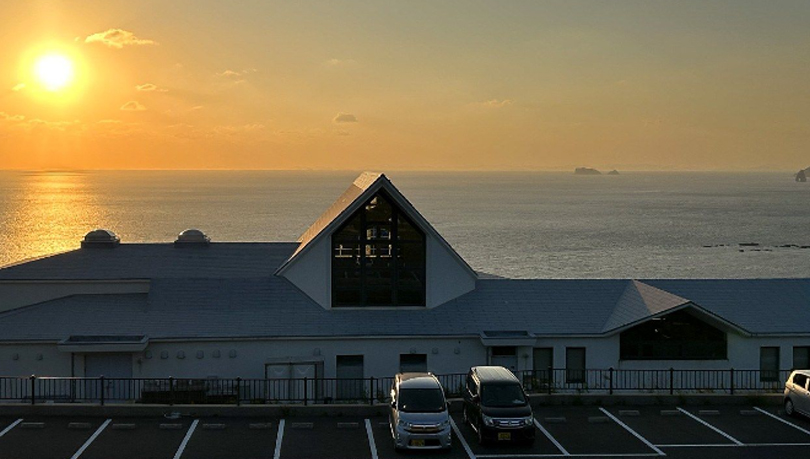
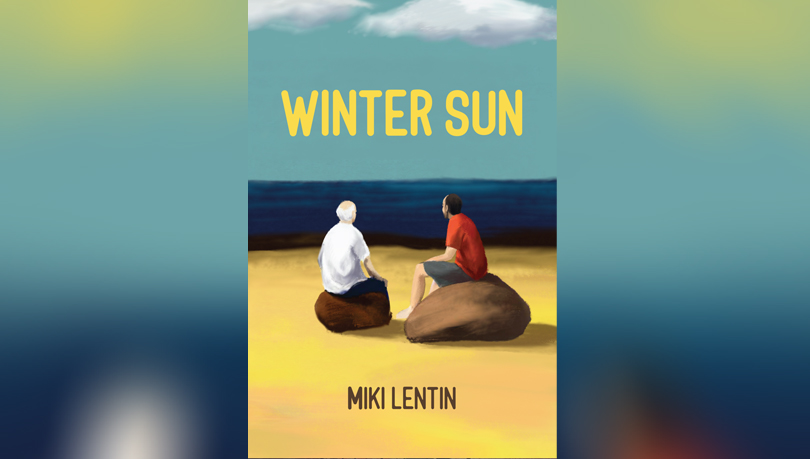
0 Comments